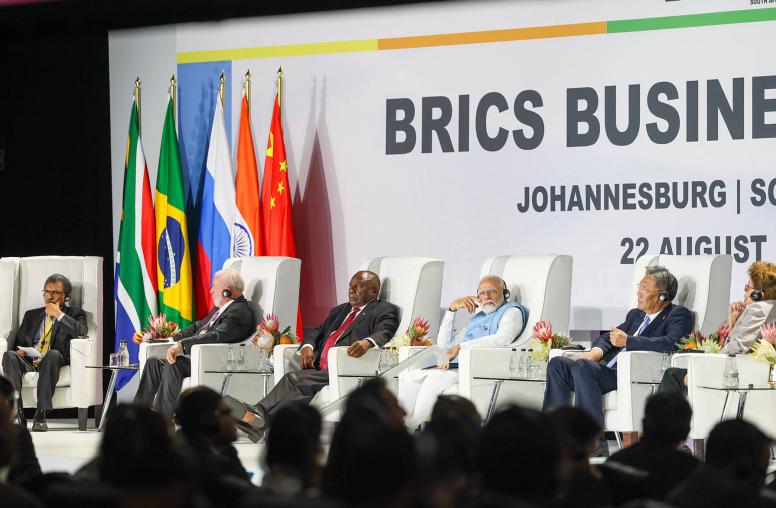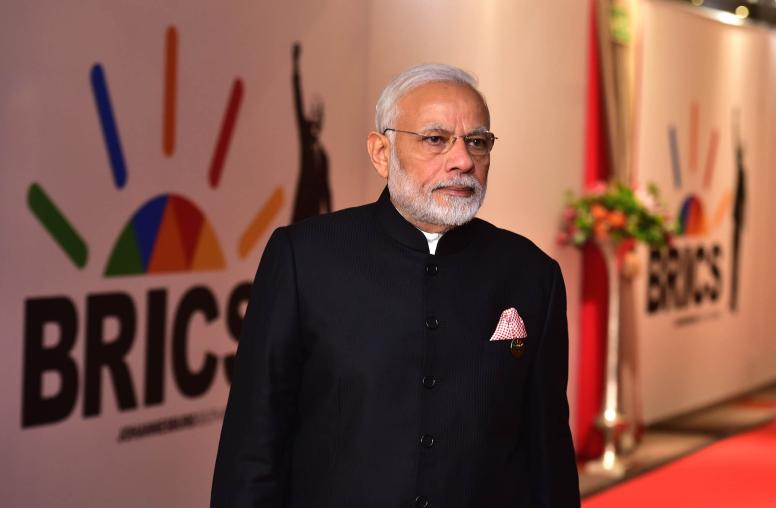The South African Truth Commission
The Politics of Reconciliation
THE USIP BOOKSTORE IS TEMPORARILY UNAVAILABLE
In the latter half of the 1990s, South Africa’s Truth and Reconciliation Commission (TRC) offered the country the chance to build a better future by facing up to its past. Amid saturation media coverage, victims of human rights abuses told their harrowing stories and perpetrators confessed to horrendous acts. Meanwhile, the commissioners grappled with decisions that would not only apportion responsibility and grant or deny amnesty but also have a profound political and social impact.
To this highly charged, controversial subject, Dorothy Shea brings a rare combination of objectivity, thoroughness, and a firm grasp of both the principles and the political interests at stake.
She begins by investigating the origins of the TRC in South Africa’s transition from apartheid to democracy, and she examines the extent to which it learned from the experiences of earlier, Latin American commissions. Then she focuses on how the politics of the TRC were played out in issues such as amnesty, reparations, and prosecutions. Her report on the TRC offers a generally positive assessment and explains not only how South Africa measured up but also why. Finally, Shea draws lessons from the TRC experience that may help to inform future efforts to shape and establish truth commissions in other transitional societies.
About the Author
Dorothy Shea is a career foreign service officer and currently works in the Office of War Crimes Issues at the State Department. She was awarded a Council on Foreign Relations fellowship in 1998-99, during which she lectured at the University of the Witwatersrand in Johannesburg and was a guest scholar at the United States Institute of Peace.



